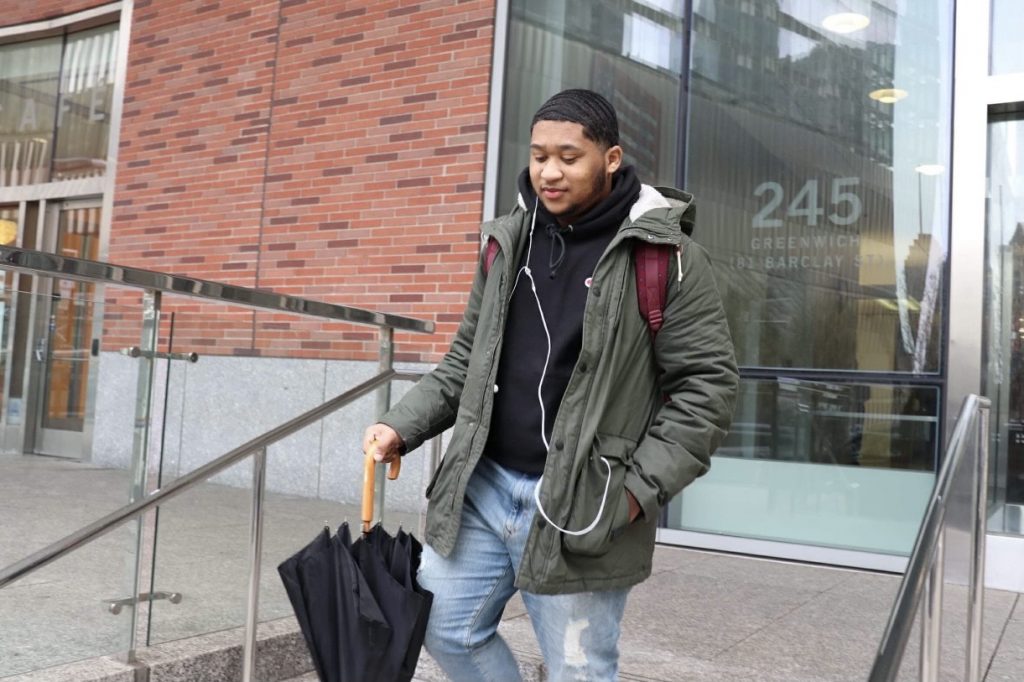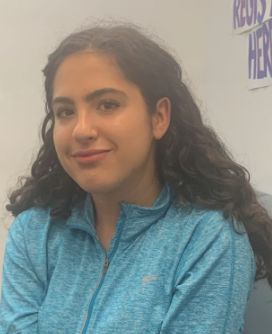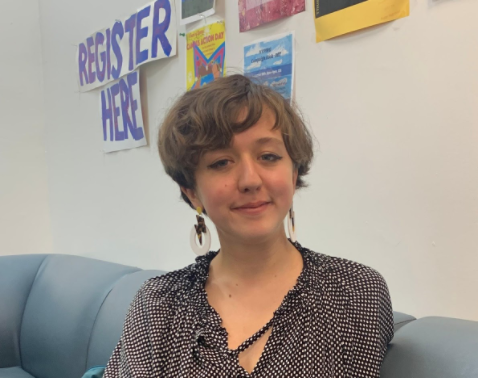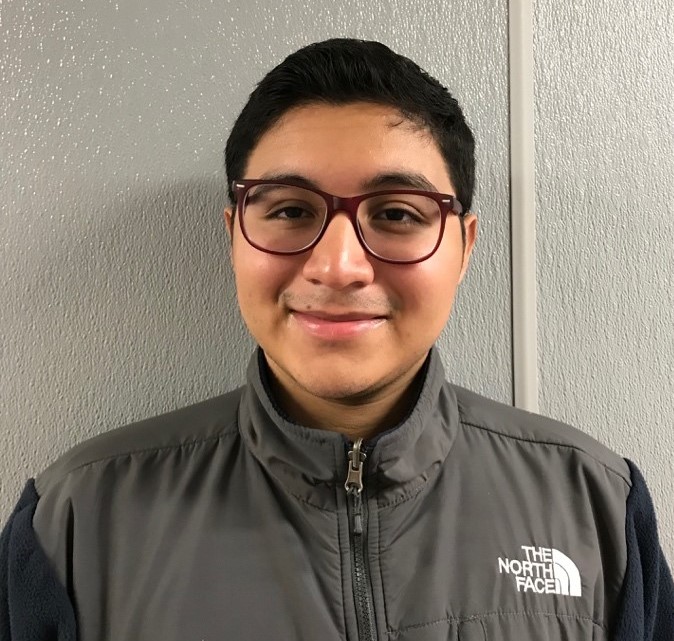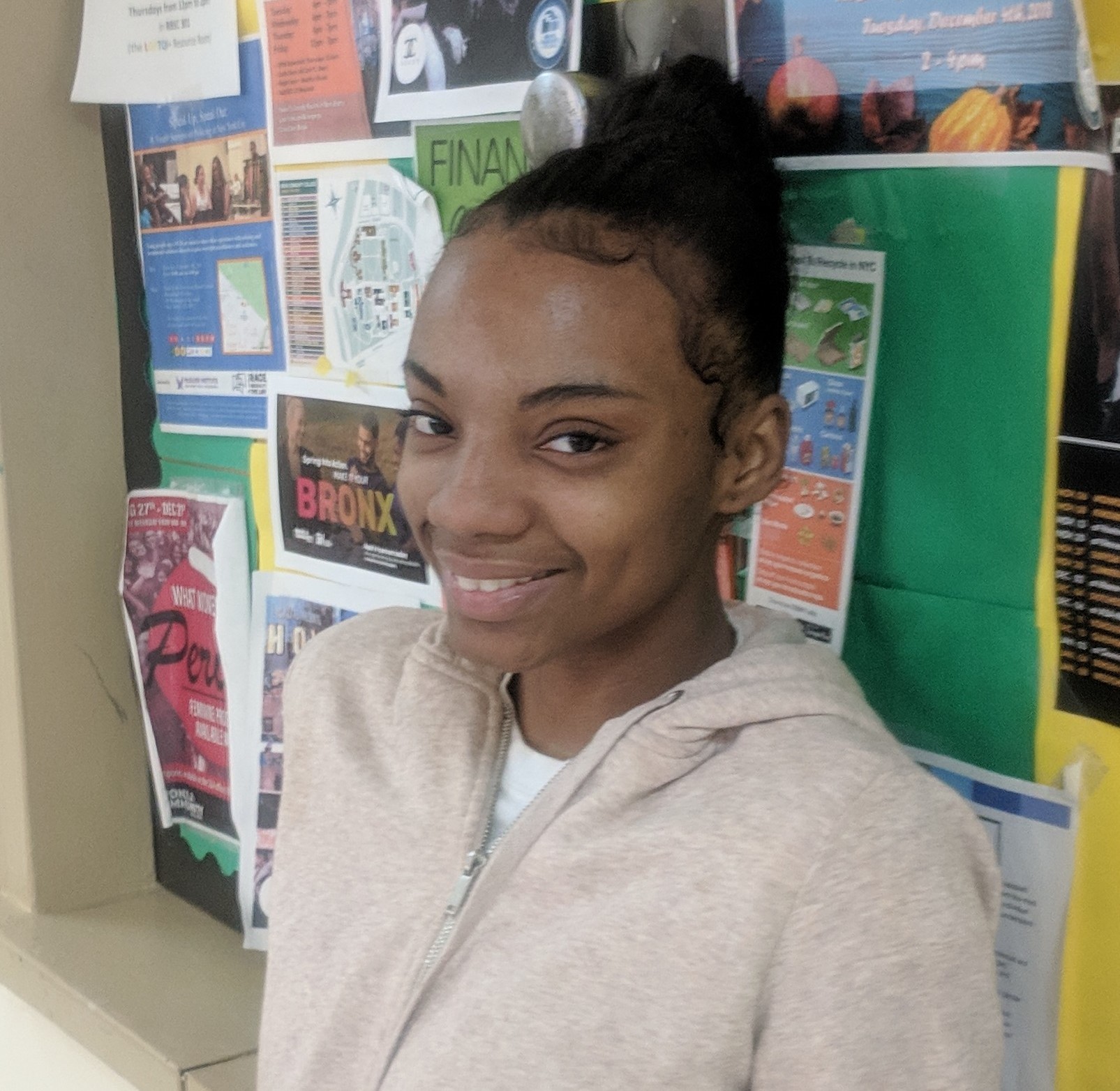Posts Tagged ‘support services’


We need to fund Higher Education because of services like ASAP. ASAP has helped me in my academic years at BMCC. I’m grateful to have someone who helps me stay on track. ASAP has helped me buy my textbooks and has even supplied me with a MetroCard. Not only was ASAP there for me when times were tough, but they were also there to make sure I had everything I needed to go forward in my academic year. We all know how stressful college can be so it’s nice to get reminders just in case you forget an upcoming application you might have to do for college or something else.
The thing I liked with ASAP was that you’ll have not one but two meetings with a personal advisor to whom you will talk about how you’re doing at the moment with classes, textbooks, etc. And depending on the answer the ASAP advisor will make things happen so you could push forward during your semester. If you are not doing well the advisor might suggest and arrange a tutor, or if you still haven’t got all your textbooks they’ll make it happen.
If ASAP gets defunded lots of people would not have access to the resources they need for school. I would have to compete with other students to make sure I get advisor appointments and schedule classes. I would also be by myself throughout the education process, and not have an advisor to help me stay on track towards graduating.


I am a dual major in Children and Youth Studies and Political Science. I hope to be an advocate and fight for matters that are important to me. I have decided to pursue Children and Youth Studies because there are many children in Bangladesh, my native country that continue to suffer with little to no voice. I am fortunate enough to come to the United States and pursue education. But many children around the world are not as lucky. I hope to make a change in how children are viewed and treated in society. Thus, I decided to major in Political Science also, because in order to make a change I need to have the power to influence or be part of policymaking such as through activism.
I receive Pell, TAP, and I also work to put myself through school. The financial aid awards covered my higher education costs like tuition, textbooks. But it definitely does not cover my food, rent, and other living expenses. I work to cover my living expenses such as food and transportation. I have one job and I work 20 hours a week. It is hard to pay for commuting while paying tuition so I have to work. I would like to see the state support students with the other costs associated with college that people often forget about.


I’ve had financial trouble as a result of going to Pratt, because Pratt doesn’t accept a lot of transfer credits. I came from an international institution, and it took months for Pratt to get back to me about my credits. I was also coming from a schooling situation that cost very little money compared to what I’m paying for here. The school responded to me about my credits after I was accepted, and they didn’t accept most of them. This essentially means that my schooling last year didn’t count, and it makes me ineligible for a lot of programs I’m interested in. I felt like I was learning a lot of the same things that I had spent my first year in college learning, but paying so much more. Pratt could be better about supporting students through transitioning into their institution- It takes a while for the advising team to respond, and often I haven’t felt heard.


I’m a senior at Hunter College studying Ancient Greek and Latin. I was part of a Greek / Latin scholarship program, a little known one but also out of pocket. I do film editing on the side and edited some short videos. I didn’t receive the Pell Grant or TAP. The scholarship helped a lot. I don’t receive any additional help.
I was lucky enough to have been able to live with my parents during college. I don’t have to pay rent so it allows me to devote my income towards school so I’m lucky in that way. I do not receive SNAP. I try to eat at home which also allows me to save money.
I’m pretty independent so I’m not in the worst situation, and you know it’s tough because you really have to be careful. Hunter is pretty difficult and you have to make sure you get your classes done because before you know it, you can tack on more classes for your degree. It’s pretty common for a lot of students to make those mistakes because of no contact with an advisor. 1 advisor for every 1000 students and the ratio might be more than that. I never saw my advisor.
My parents had gone to college, so it was a little bit easier for me to navigate but for some people who are the first students to navigate alone might not be easy. There’s more steps they have to take. I could be a bunch of steps back in my degree trying to catch up.
We need to decide whether or not we want to live in a society where we value educated people we can show that by giving access to education for everybody. By every metric, an educated population means growth and prosperity for the society. For every dollar invested into education, it creates $8 more, and it creates a skilled and valuable population. There’s no reason we shouldn’t be funding college. Look at our primary and secondary school, they pay for school up until high school. We have these great support systems for students who are underserved but then suddenly all those support systems fall by the wayside until they have a degree or a job that can MAYBE pull them out of poverty. It’s unconscionable that we can live in a society where people aren’t given tools that can provide a nice life for their family.”


As a first year college student, I was not prepared for how challenging life outside of the classroom could be. Many of my friends have struggled with food insecurity due to not being able to pay for their meals, because their schedules are so packed that they can’t balance having a job plus being a full-time student. We’re forced to eat on-campus, which is very expensive and a lot of the time isn’t accessible enough to students with different needs. This then adds additional stress to us, which makes being a successful student almost impossible.
I’ve also seen how little mental health resources are made available to students. I’ve struggled with mental health issues over the past year, and being able to get help has been a major struggle. I have had to wait hours for an appointment at times due to a lack of available staff and resources. I know many other schools don’t have nearly as many resources for students on-campus that we do. We cannot reach our potential as students or even live normal lives if we don’t have a support system to provide us with the assistance we need.


I love Pratt, but sometimes I feel frustrated that the institution doesn’t do a better job accommodating the financial needs of students. I’m commuting from Astoria, Queens to my classes because of the cost of housing here at Pratt. It was also really tough getting a work-study position. A lot of my friends weren’t able to either, and I think there should be more jobs available on campus. It’s difficult enough having to work while being a student, and I think Pratt could do a better job acknowledging that and supporting initiatives that help them. If there were a better work-study program, I would more easily be able to support myself through school.


I’m a second year student majoring in business administration, with the goal of getting my master’s in business administration after graduating. I came back to school so that I could gain the knowledge I need to eventually make more money for my family and be self-employed.
I have kids, and it’s not easy to go to college while working and raising a family at the same time. I’m trying hard, but it’s definitely not easy. The support that programs like TAP and ASAP provides allows me to attend school and invest in the future. At the same time, I work as a Direct Support Professional at a group home. Without financial aid, I don’t know if I could afford to go to school, and if I did, I would probably only be able to do like four credits per semester.
In general, I wish that the system were clearer and that CUNY publicized its services more. I might have used the child care center, but I don’t know anything about it or who to ask. A lot of things are not well publicized, especially when you’re coming back to school after a period of working and need to adjust. The ASAP program advisors are helpful, but I know some people who were severely set back by incorrect information from advising.
We need to make CUNY free so more people can get a quality education, and we need to make sure that people are able to access its services.


I am a senior at Queens College majoring in film studies and English. I love to analyze stories in books and movies so that informed my choice of major. I receive the Federal Pell Grant and TAP as part of my financial aid. I try to save some money by getting books from the library, but for textbooks, my bill can climb into the hundreds. Big science and anthropology textbooks have been the most expensive for my required classes. And often, when you get to major courses, they ask for books that are rare to find, and ordering them online takes a long time. Textbooks eat up a lot of my financial aid refund that I could use on living expenses.
One semester, I was late applying for aid through FAFSA. When I was finally able to apply, I accidently applied for the wrong year. As a result, I owed the College money when my registration appointment came, and I couldn’t register. I had to pay down my balance before I could create my class schedule for the next semester. With the help of my parents, I was able to do this, but I don’t know what would have happened if they weren’t there to help me. Mistakes happen, and someone’s education shouldn’t be put on hold as a result.
I feel that offices at my college could communicate more with students about problems with their accounts so that the students can fix the problems before it’s too late. This could be done through email or having more effective campus outreach. These offices could use more funding for these programs and resources to fix infrastructure issues all over the school. Social services on the campus could also be improved, and the course selection widened, especially for smaller majors.


I’m a psychology major and part of the Accelerated Study in Associate Programs (ASAP)– it is critical for me to be able to attend BCC. Before I enrolled in ASAP, I worked full-time and was a full-time student as well. It was difficult to manage everything: I am a mom – I have two young boys (5 and 6), working full-time, plus taking 5 classes, helping out with the rest of my family.
I’m loving the free MetroCard. Last semester, I actually lost my card and they weren’t able to replace it. ASAP told me there wasn’t enough funding to replace lost cards! I don’t make use of the campus child care center. Back when child care was a bigger issue for me, I didn’t pursue my education. If I had known about it, I would have enrolled at BCC much earlier.
I do have a fear of not graduating on time. If I lose my financial aid, or I’m no longer able to be enrolled in ASAP for whatever reason, I won’t be able to afford to continue. But ultimately, I want to go to City College after graduating from BCC, to pursue studying law in the future.


I am currently a senior majoring in Applied Mathematics, and after graduation I plan on pursuing a career in Quantitative Sociology. It is my eighth year of college due to mental and physical issues that have arisen and slowed down my ability to graduate within four years. The only reason why I was able to afford stretching out my years in CUNY was due to the fact that my parents have payed for my tuition over the years.
My parents, as well as grandparents, are CUNY alumni — they attended CUNY for free. This gave them the opportunity to pursue higher education being that they were coming from a low economic bracket. CUNY was a tool that gave them access to the professional class. This allowed me to go to college without needing financial aid. I have taken advantage of CUNY’s mental health services. I was very active in the social anxiety support group on campus where I really felt the extent of the budget deficit. The group did not have enough time to allow every student to contribute. This may have been due to a budget cut that did not provide enough staff to compensate for the large demand from students. So in order to have smaller groups they cut down the time of each group session.
